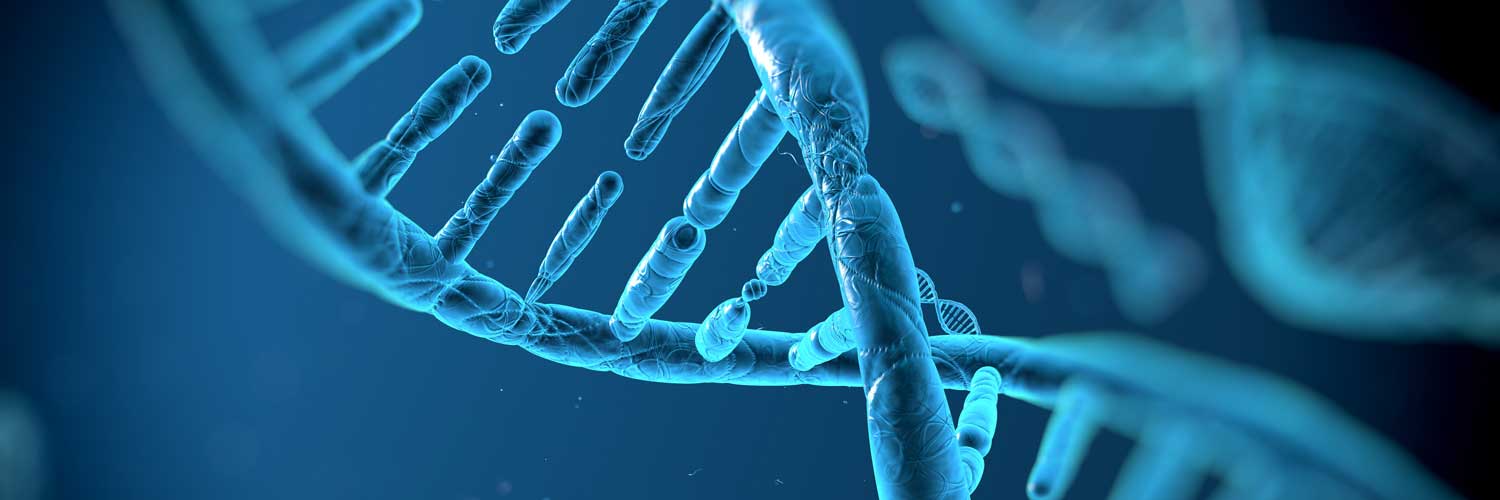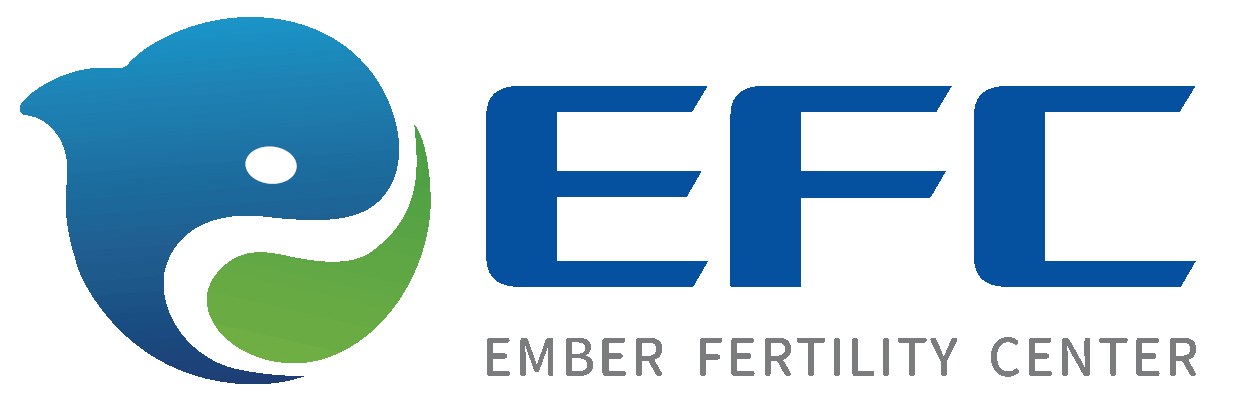What is egg retrieval for IVF?
Egg retrieval is a crucial step in the in vitro fertilization (IVF) process. During IVF, eggs are harvested from the ovaries – whether from the intended mother or a donor – to be fertilized in a lab with sperm. The resulting embryos are then transferred into the uterus for potential pregnancy.
Egg retrieval is also used for fertility preservation. Individuals undergoing cancer treatment or gender transitions as well as those planning to delay parenthood often undergo egg retrieval to store eggs for future family-building options.

At Ember, everyone is a VIP – very important patient
What to expect in preparing for egg retrieval
For many, egg retrieval can feel intimidating, but understanding what to expect can alleviate anxiety and help you feel more prepared. In fact, good preparation is key to a successful egg retrieval. Let’s break down the process and offer some tips on making your experience as smooth as possible.
Fertility drugs and the trigger shot
In the days leading up to the procedure, you’ll take fertility medications to stimulate your ovaries, encouraging the development of multiple eggs. Retrieving more than just the one egg normally ovulated increases the chance of success with IVF, as not all eggs are healthy enough to be fertilized.
The final step is the “trigger shot,” an injection typically administered about 36 hours before retrieval. This shot plays a crucial role by maturing the eggs for collection, so timing is everything. Ember providers will schedule this shot precisely, so be sure to follow their instructions carefully.
Pre-procedure instructions
The night before your egg retrieval, you’ll likely need to fast – no food or drink after 10pm. This helps prevent complications with anesthesia.
- On the day of the procedure, please arrive at the designated time we have given you, allowing adequate time for travel.
- Avoid wearing bulky clothes and wear loose, comfortable clothing. You can wear an undershirt to avoid feeling cold such as a tank top, T-shirt or long sleeves.
- Please do not wear any jewelry and leave all valuables at home.
- Do not wear makeup, contact lenses, dentures, a wig or perfume.
- We require that a support person accompany, you, as you’ll need assistance getting home due to the effects of anesthesia.
These steps ensure a safe environment for your procedure and aid in your comfort afterward.
Mental and emotional preparation
While preparing physically is essential, you should also prepare mentally and emotionally. Egg retrieval is a significant step, and it’s natural to feel a mix of excitement, anxiety and even fatigue from the entire process.
Take some time for self-care the day before, whether that means a quiet evening, meditation or simply a good night’s rest. Surrounding yourself with supportive friends or family members can also make a big difference.
The egg retrieval procedure
The egg retrieval process will follow a structured series of steps described below.
When you arrive at the clinic, you’ll check in and be prepped for the procedure. You’ll receive twilight anesthesia, which is a mild form of sedation that allows you to breathe on your own and wake up quickly afterward. This means you won’t need to worry about general anesthesia’s complications, and you’ll likely remain comfortable and unaware during the process.
Once you’re sedated, the retrieval procedure begins. Our fertility specialist Dr. William Freije uses an ultrasound to guide a thin needle through the vaginal wall and into each ovary, where it gently aspirates (sucks) the eggs from the follicles. This step usually takes 20-30 minutes, depending on the number of eggs retrieved. It’s a minimally invasive procedure, with little to no scarring or lasting discomfort.
Egg retrieval recovery
After the retrieval, you’ll rest in a recovery area for around 30-60 minutes while the sedation wears off. Most patients report only mild cramping and spotting, similar to menstrual discomfort. We rarely prescribe pain relievers as most patients feel the pain is tolerable and find that over-the-counter options such as Tylenol work well to help them feel more comfortable.
Recovery from egg retrieval is generally quick, but it’s essential to take the proper steps to ensure a smooth healing process:
- Plan to rest for the day after your retrieval. Anesthesia can make you feel groggy or disoriented, so avoid driving or making significant decisions. Ideally, arrange for someone to stay with you for the first 24 hours.
- Some cramping, bloating or spotting is normal after egg retrieval. These symptoms should subside within a few days. Drinking plenty of water can help reduce bloating, and a heating pad can relieve cramps. Be sure to follow your doctor’s recommendations for pain management and avoid any strenuous activity for at least a week.
- Serious complications from egg retrieval are rare, but it’s essential to know the signs. If you experience severe pain, heavy bleeding or symptoms such as fever, nausea or vomiting, contact your healthcare provider immediately. These could indicate a rare condition known as ovarian hyperstimulation syndrome (OHSS) or other complications that require prompt attention.

Ember’s experience and skill in egg retrieval
- Dr. William Freije, who is double board certified in reproductive endocrinology & infertility (REI) and OB-GYN, has performed many successful egg retrievals.
- Our clinical staff members are experts at preparing patients for egg retrieval and assisting the doctor throughout the procedure. They pay close attention to each patient’s needs and concerns all the way through recovery.
- Our IVF lab is state-of-the-art. Our lab personnel, who are integrally involved in steps of egg retrieval and evaluation, also have considerable expertise and experience in egg retrieval.
- IVF Lab & Science Director Dr. Avisa Asemi holds the highest lab certifications and is an expert in establishing and meeting high standards of lab operations, such as those involved in egg retrieval.
What happens next?
After your egg retrieval, the eggs are immediately taken to the lab, where they’ll be evaluated for quality and fertilized with sperm if appropriate. If you’re undergoing IVF, these fertilized eggs, now embryos, will be monitored as they develop. At Ember we rarely do fresh embryo transfers and typically freeze the embryo(s) to do frozen embryo transfers (FET). This allows time for the bloated ovary to recover, which takes a few weeks, and also accommodates preimplantation genetic testing (PGT), which requires time to get back results on embryo health.
During this waiting period, you might feel a range of emotions. Remember, fertility treatments are a journey with ups and downs. Taking care of yourself physically and emotionally is essential to supporting your overall well-being.
Related reading: How to prepare for an embryo transfer
Conclusion
Egg retrieval is a pivotal step for many in the fertility journey, and with the right preparation, you can feel more at ease and confident throughout the process. By following your doctor’s guidance and taking the time to care for yourself, you’ll set yourself up for a positive experience. Remember, the goal is to get one step closer to your dream of starting or expanding your family.
Understanding what to expect and preparing thoroughly can make your egg retrieval experience less daunting and more empowering. Take each step one day at a time, and don’t hesitate to reach out to our team if you have questions or concerns.




